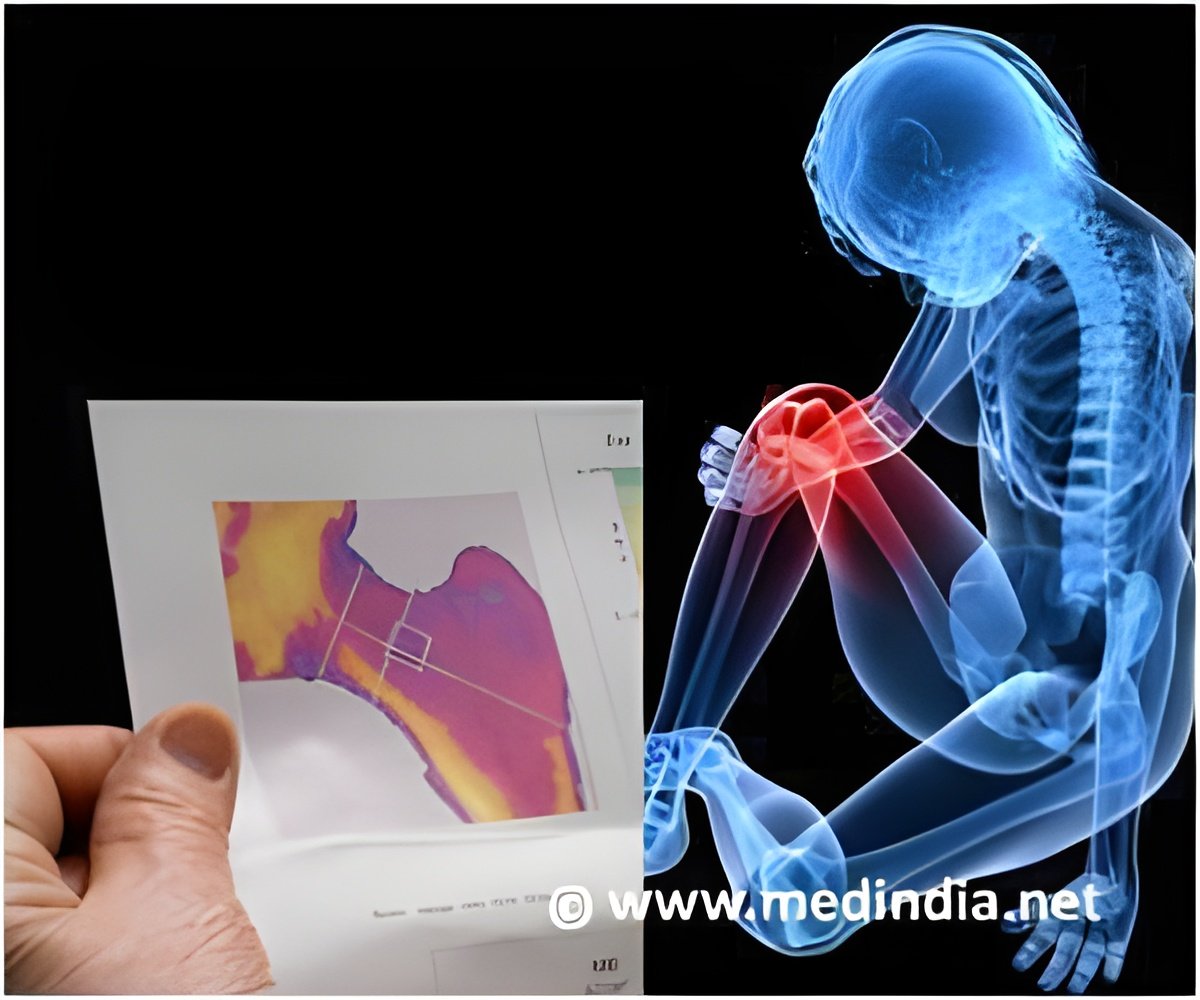
At the root of the finding is the knowledge that putting bones under the "stress" of walking, lifting and running leads them to pack on more calcium and grow stronger.
Earlier humans had stronger bones and that weight-bearing exercise in modern humans prevents bone loss.
"By analyzing many arm and leg bone samples from throughout that time span, we found that European humans’ bones grew weaker gradually as they developed and adopted agriculture and settled down to a more sedentary lifestyle," said Christopher Ruff from the Johns Hopkins University’s school of medicine.
Modern lifestyles have famously made humans heavier, but, in one particular way, noticeably lighter weight than our hunter-gatherer ancestors: in the bones.
"The decline continued for thousands of years, suggesting that people had a very long transition from the start of agriculture to a completely settled lifestyle," Ruff said.
Advertisement
Advertisement











